Abigail Andie Helena Brown was born June 24, 2022. But the newborn never got the chance to meet her father, Andrew Brown. Abigail’s mother Tanya conceived her years after Andrew passed away from terminal cancer.

“Andrew was just the most amazing human. We met later in life and fell in love quickly, and we both loved life. I knew he was going to be an amazing father,” Tanya said.
The couple had many conversations about a family after his cancer diagnosis.
“When we found out he was sick, we knew chemotherapy would affect his virility and so we went to freeze his sperm. And when we realized he wouldn’t survive, we didn’t have much time left,” Tanya said.
“He was very clear: he didn’t want his legacy to be cancer.”
Tanya and Andrew
Andrew Brown died on May 19, 2019. For the months that followed his death, Tanya tried several times to conceive. With the help of a fertility clinic and their last two embryos, she got pregnant.
“I wanted to have Abby to continue his legacy and make that wish come true for him. One of the last things he asked me for before he passed away was to try to have a baby. It’s a big responsibility, but it was the best thing I ever did,” Tanya said.

Get weekly health news
It’s been a tough journey, but to complicate her grief, after Abigail was born Tanya learned Andrew’s name couldn’t be on the birth certificate.
“I couldn’t believe it. I have proof she is Andrew’s baby. She deserves to know that and the government needs to acknowledge it,” Tanya said.
“The law is not keeping up with the science and modern technology.”
She is representing herself in family court in hopes of getting his name added to Abigail’s document.
“That’s the person who gave her life. That’s important for her to understand, ‘My dad loved me, even though he wasn’t here when I was born, but he wanted me,'” Tanya said.
The legal complication isn’t unique. Kari Hoellwarth also lost her husband Allan to cancer a decade ago.
“He was the kindest gentlest best person I ever knew,” Kari said.
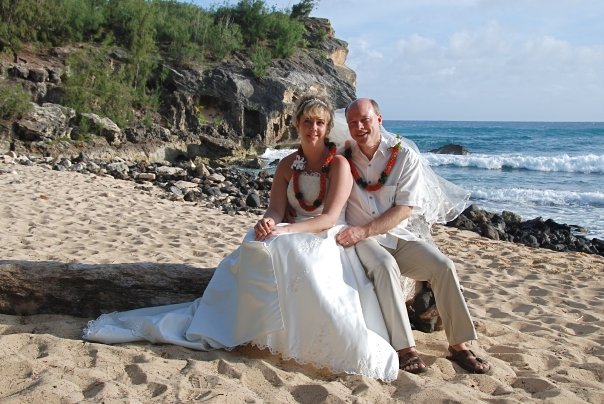
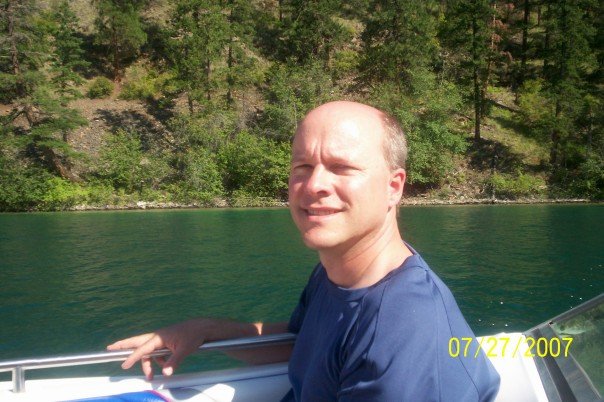
The couple had Arialla before he died. After he passed away Kari decided to try to have another child with their remaining embryos.
“About eight months after he died, I thought, ‘I’m 41-years-old, if I ever wanted to consider another baby, I should get back to the fertility clinic,'” Kari said. “Allan signed all the forms giving full rights to the embryos. I knew I was going to do it but I told nobody because I didn’t want to be talked out of it.”
Nalla — her dad’s name spelled backwards — was born in 2013.
“Because of some flaw, her birth certificate says she has no father. She will tell you that’s impossible, you can’t not have a father,” Kari said.
The 8-year-old is determined to fight alongside her mom to get her dad’s name on the birth certificate.
“My sister has his name on there, I don’t get why I can’t have it on mine,” Nalla said.
“I know my father is passed away but I still have one.”
‘A complex issue’
The Service Alberta Minister Nate Glubish said he is sympathetic to the families involved.
“This is a complex issue that involves many areas of law, including family law, estate law, and vital statistics. I believe this matter merits further review and I have directed my department to look into this so that we can determine the best path forward,” Glubish said in a statement to Global News.
The pursuit for their own daughters’ cases has brought Tanya, Kari and their families together. Once strangers, they are now advocating for all the future moms in the same situation.
“I’m thinking, through the years maybe they will change the law,” Nalla said.
“Or we can change it for them,” Kari said.



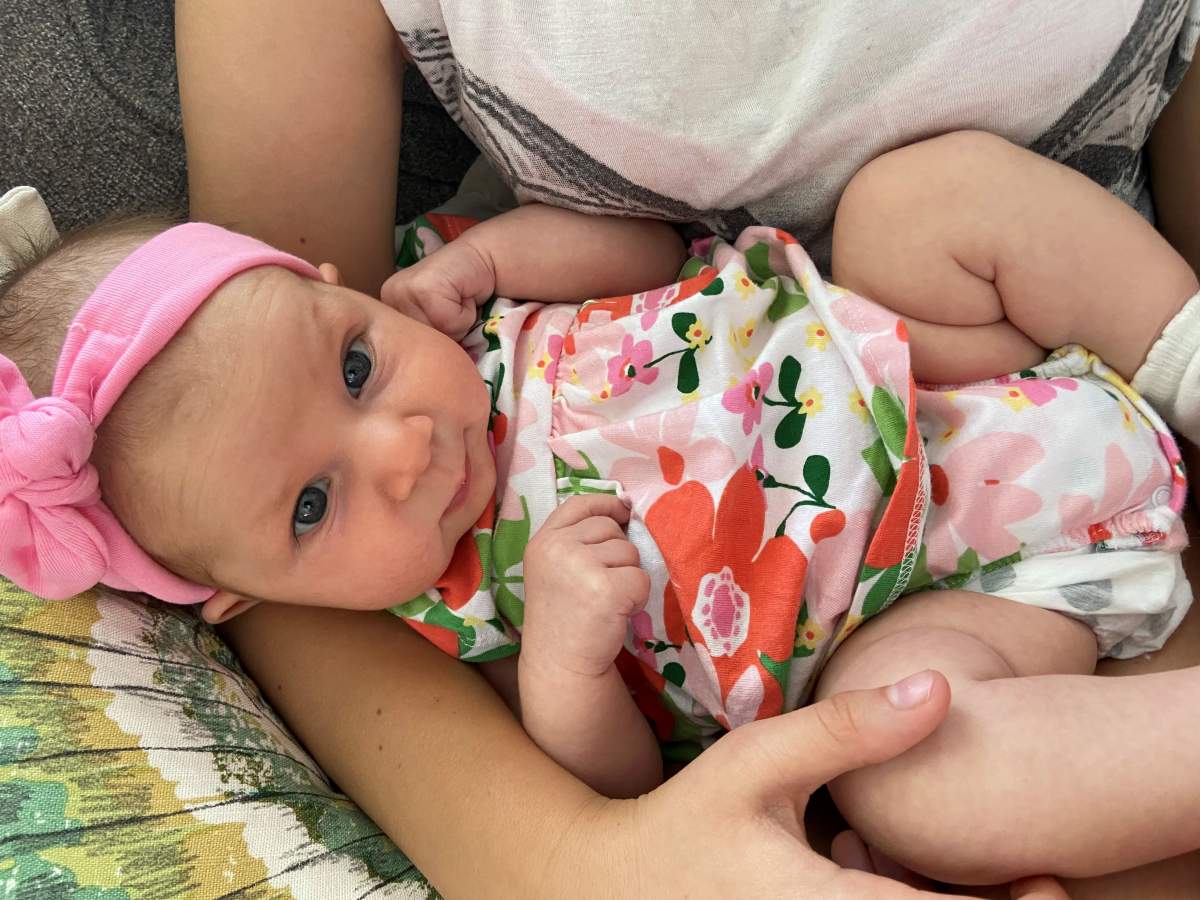
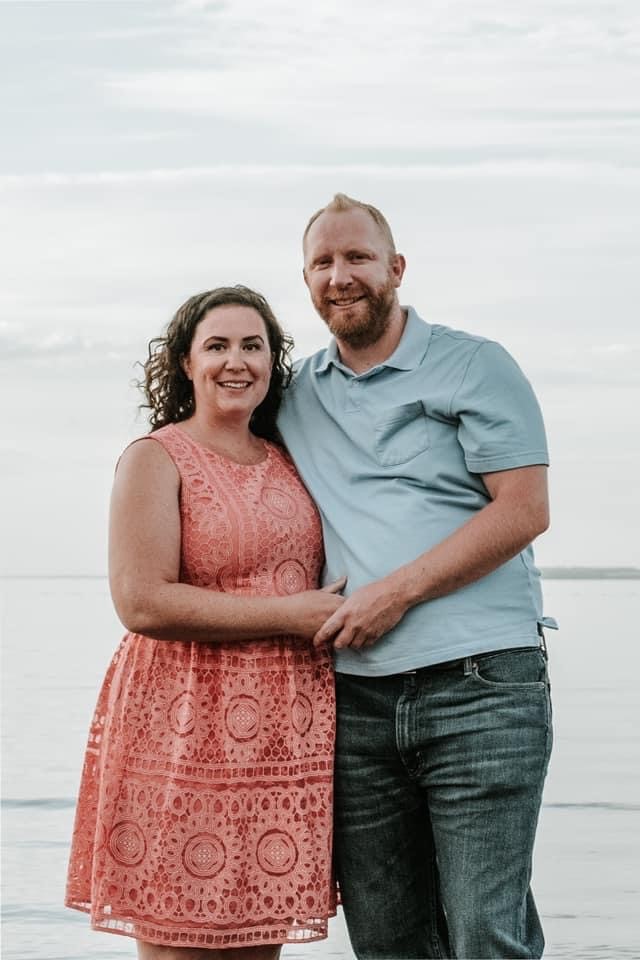
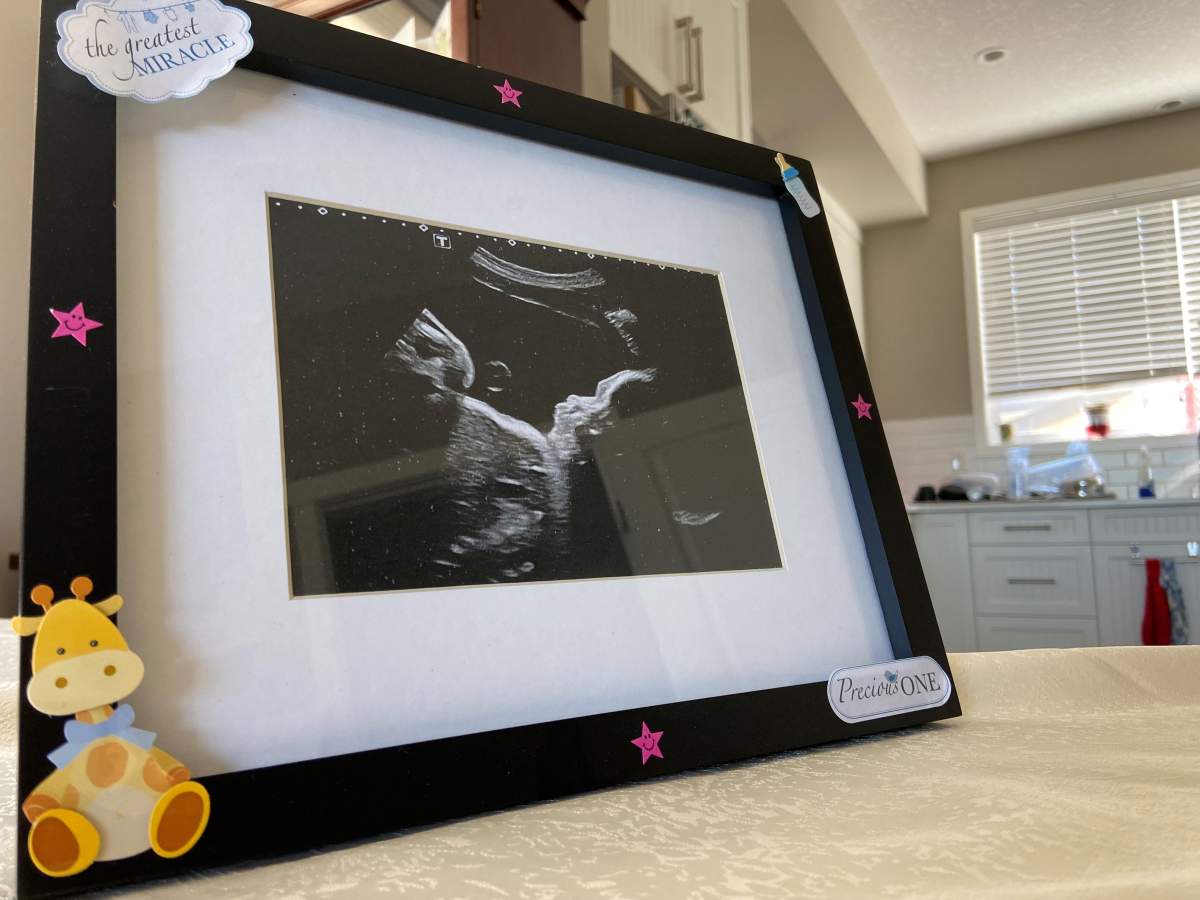
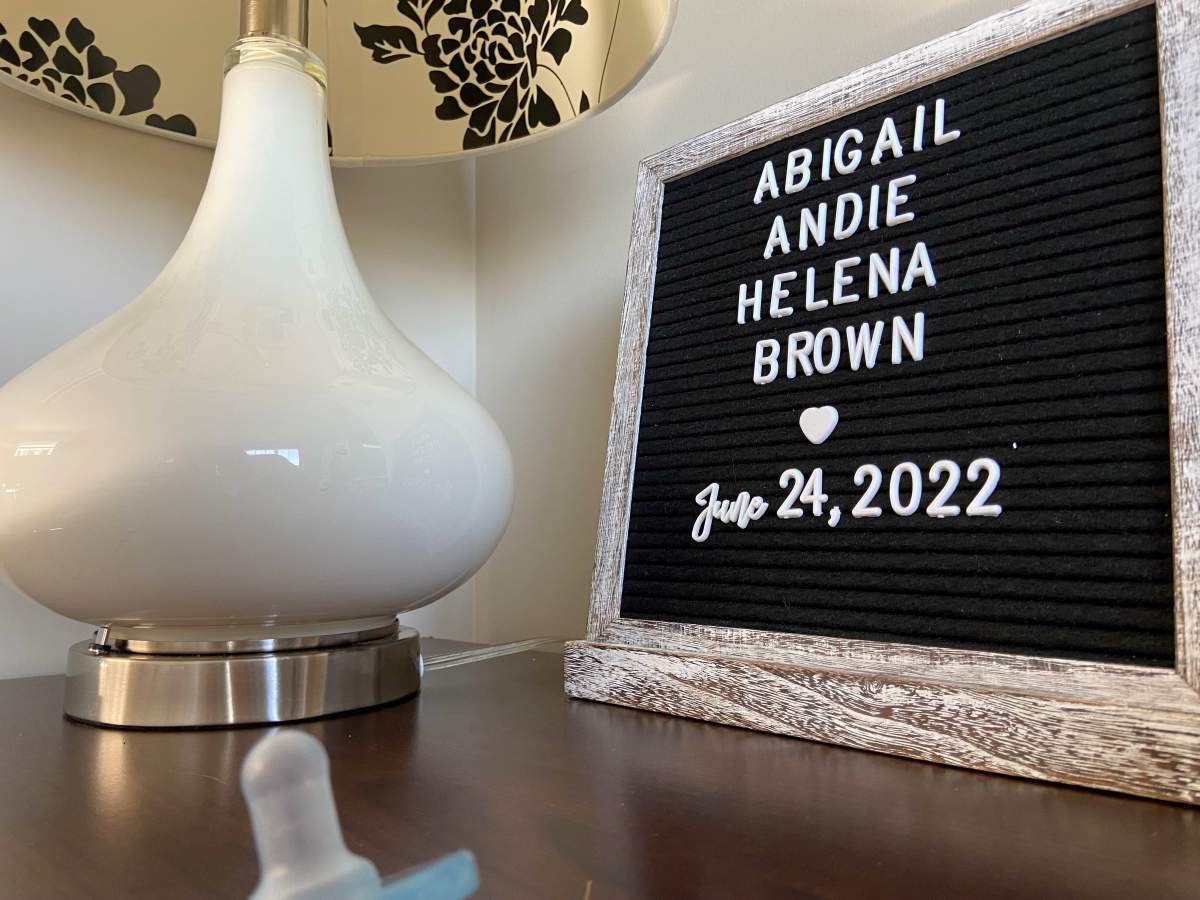


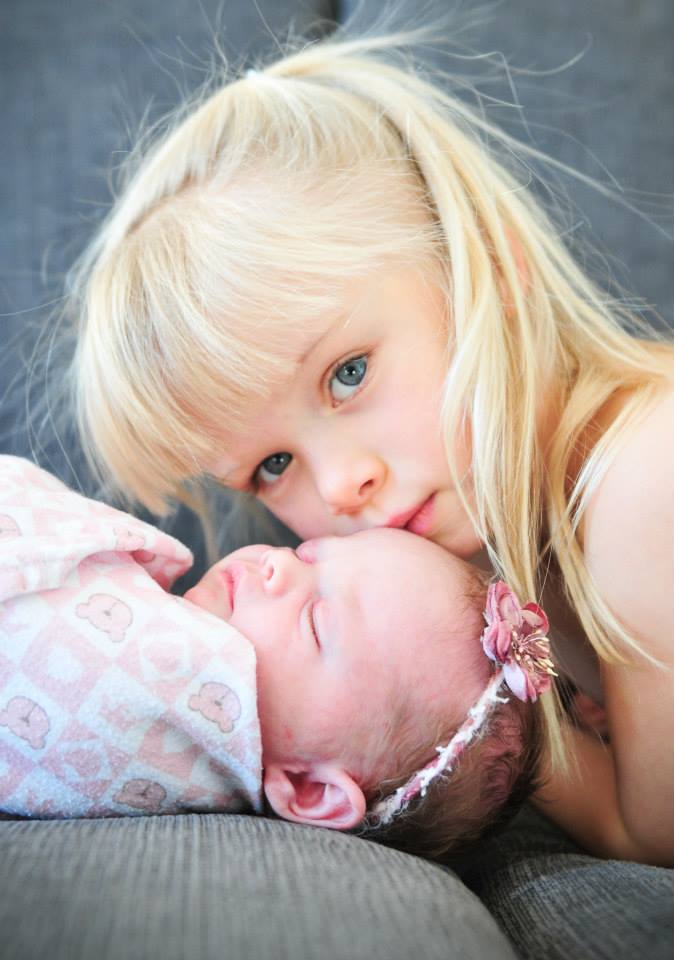
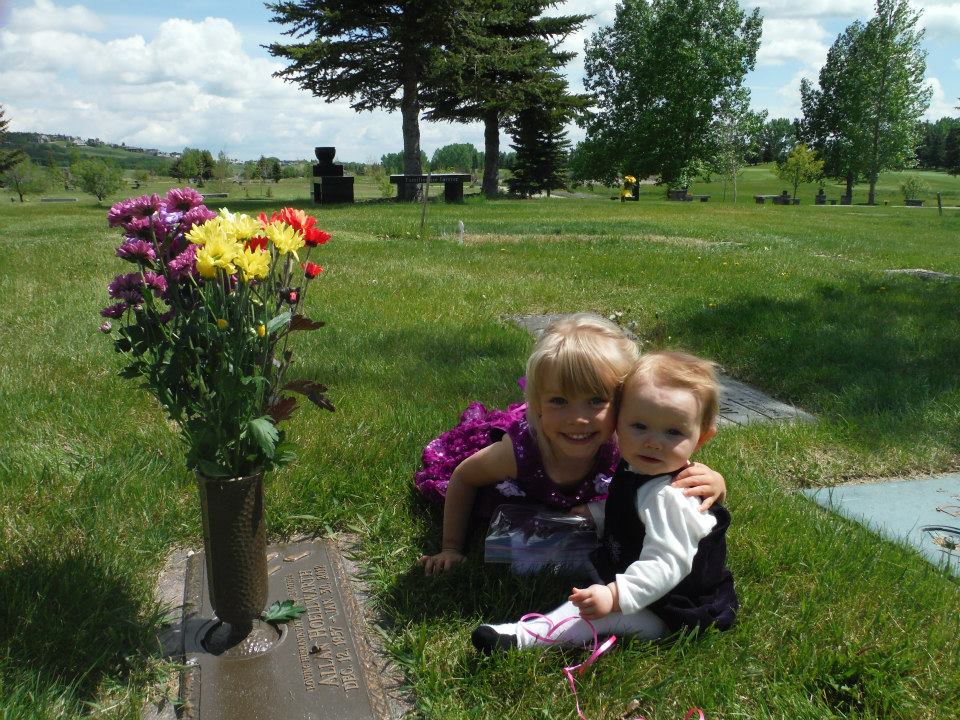
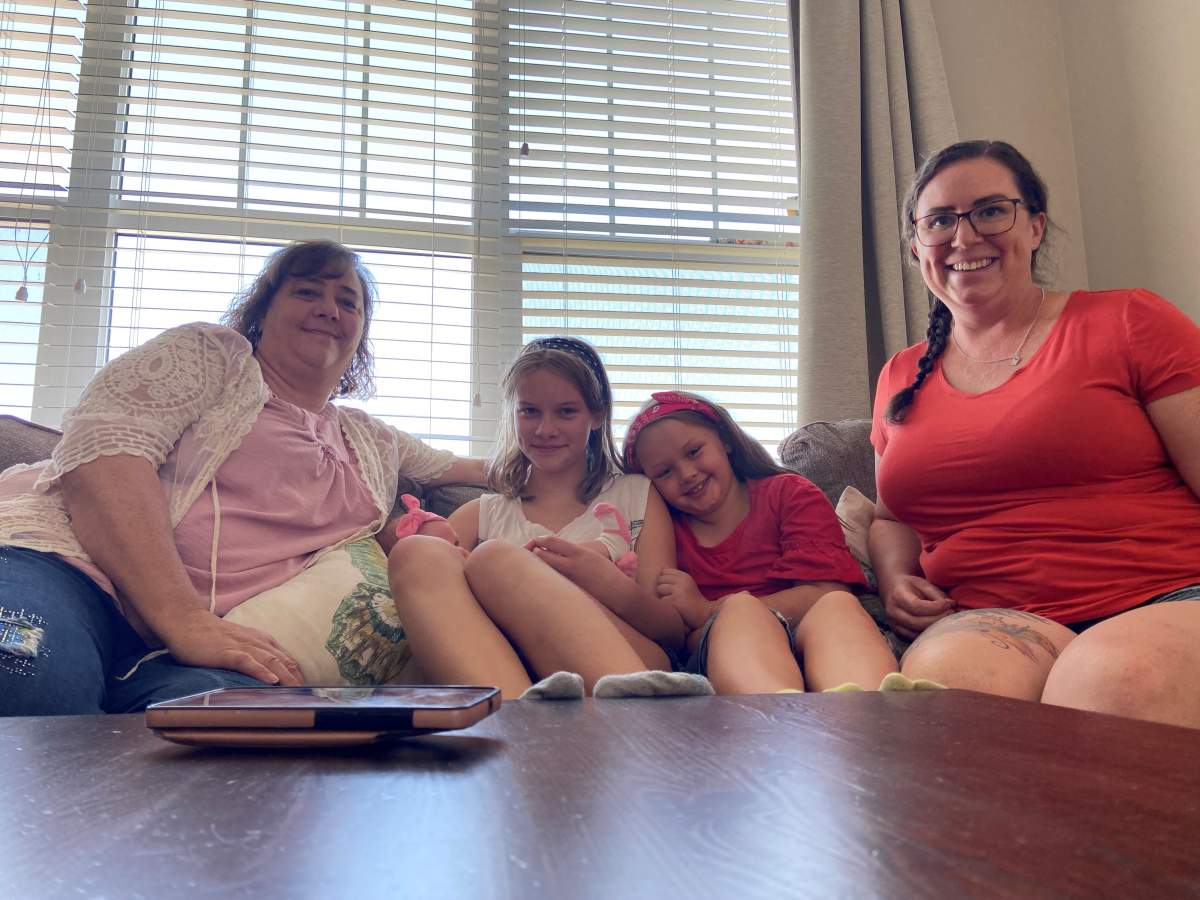
Comments
Want to discuss? Please read our Commenting Policy first.